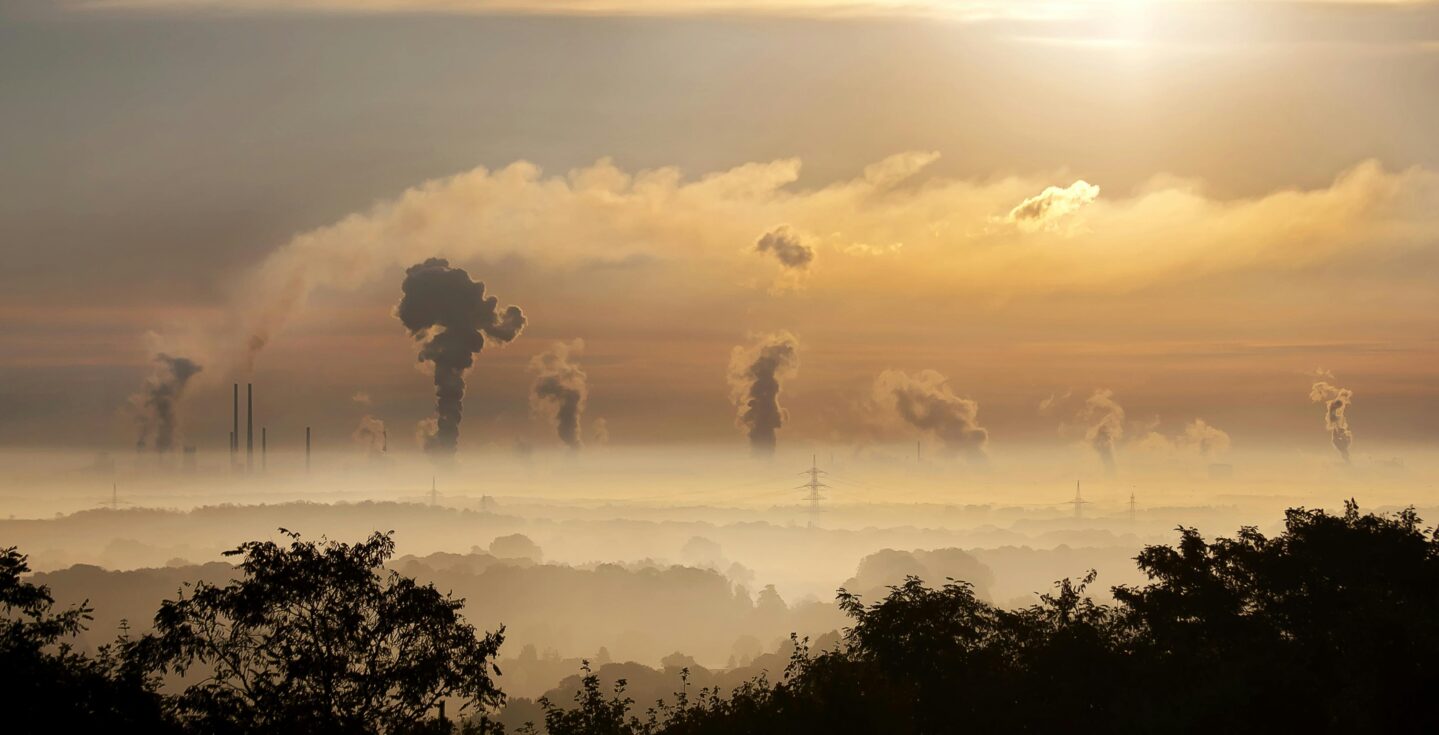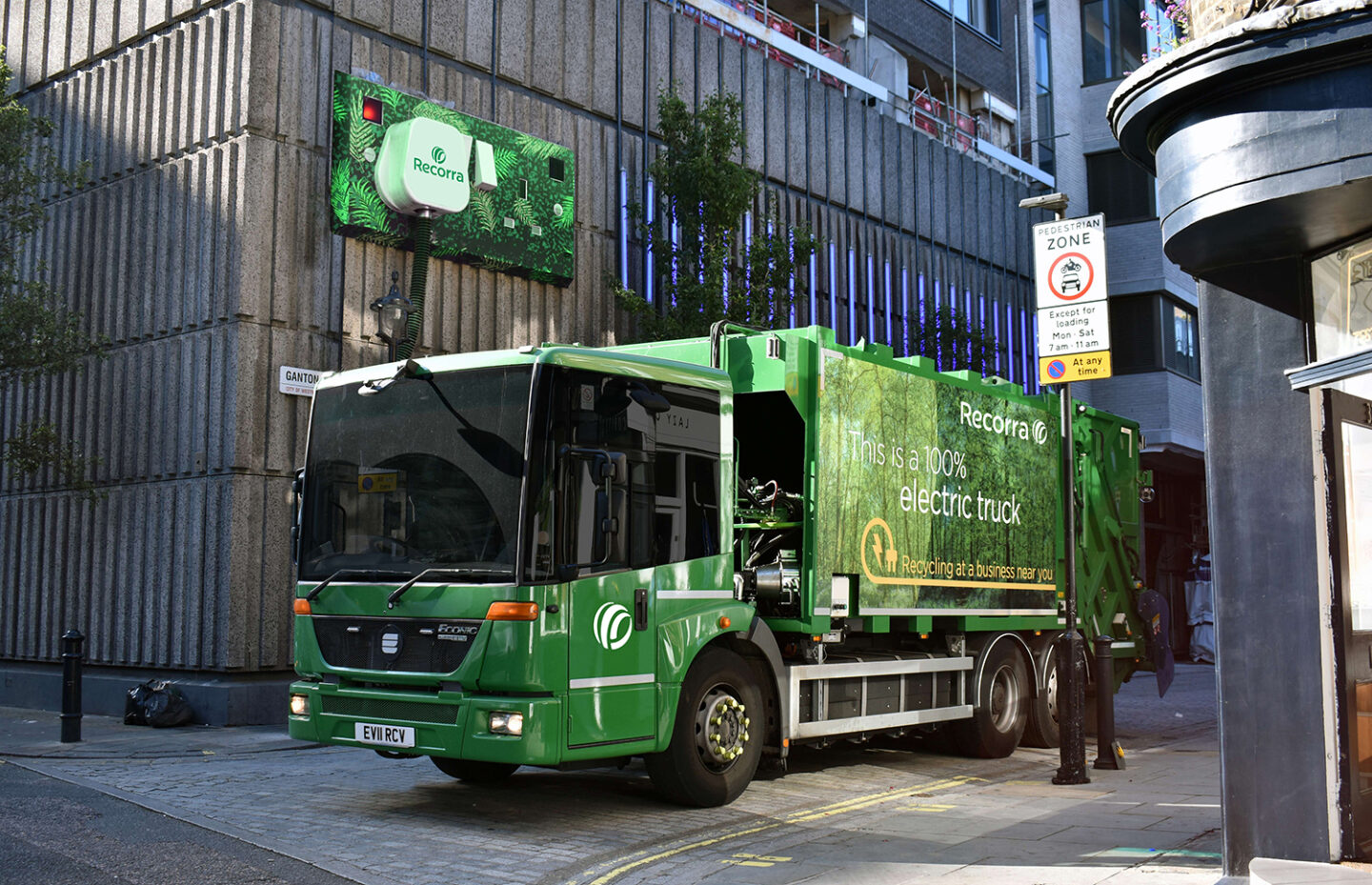Wednesday 9th November 2022
“Money makes the world go round” is a phrase that applies to climate change as much as anything else. How to pay for the new green economy and how to support the most vulnerable both remain long-standing points of contention in climate politics. Therefore, it is no surprise that a major theme at COP27 this week is the game of hot potato between the developed and developing countries over the bill. The question of who pays has always been the hardest to answer, even as everyone now agrees that a full retool of the economy needs to happen and that it should have happened yesterday.

The question of the bill was the subject of a stark Financial Times article last year which gave a summary of what is needed to put humanity on track for a 100% clean economy. Written by financial analyst Sam Arie from UBS, the article addressed climate change from an investment standpoint. Ultimately, clean power generation from wind farms and the like, although costly, is the easy part. What will require most cash is converting every machine and system we use (for transport, manufacturing, smelting, heating etc) to run on clean energy. UBS puts the massive investment needed for this at $300 trillion. For context, the current level of investment globally per year is $20 trillion, about 20% of economic output. To find an extra $10 trillion per year over the next 30 years is going to be tough. Unsurprisingly, none of the financial measures that could be taken to get there are that attractive – think more tax, higher prices, wartime type economies. All will require some sacrifices.

Photo by Alexander Grey on Unsplash
At a micro, but no less important scale, recycling and waste companies like Recorra face this exact issue. Diesel refuse trucks cost £200,000 while electric ones cost double that – a not inexpensive £400,000 – or more. The other type of workhorse vehicle Recorra uses, the box truck, costs £90,000 for diesel but £180,000 for electric. Whatever type of truck, things even out a bit over the vehicle’s life because fuel and maintenance for an electric truck are cheaper. But the upfront vehicle investment to go zero carbon will be high in relation to our revenues.So Recorra is a microcosm of the wider picture of the continued and contentious issue of funding the switch to an entirely clean economy. To penny pinch and duck the question is not an option though. We have nailed our colours to the mast and put our first electric heavy trucks on the road last year. We are shortly expecting more to be delivered, but we have a way to go to decarbonise the entire fleet.

Image: Recorra Truck
How the bill is split to fund low carbon, net zero services is a key question facing us and our industry. We hope, however, that COP27 this week comes up with good financial proposals to help address this issue for the whole global economy.
